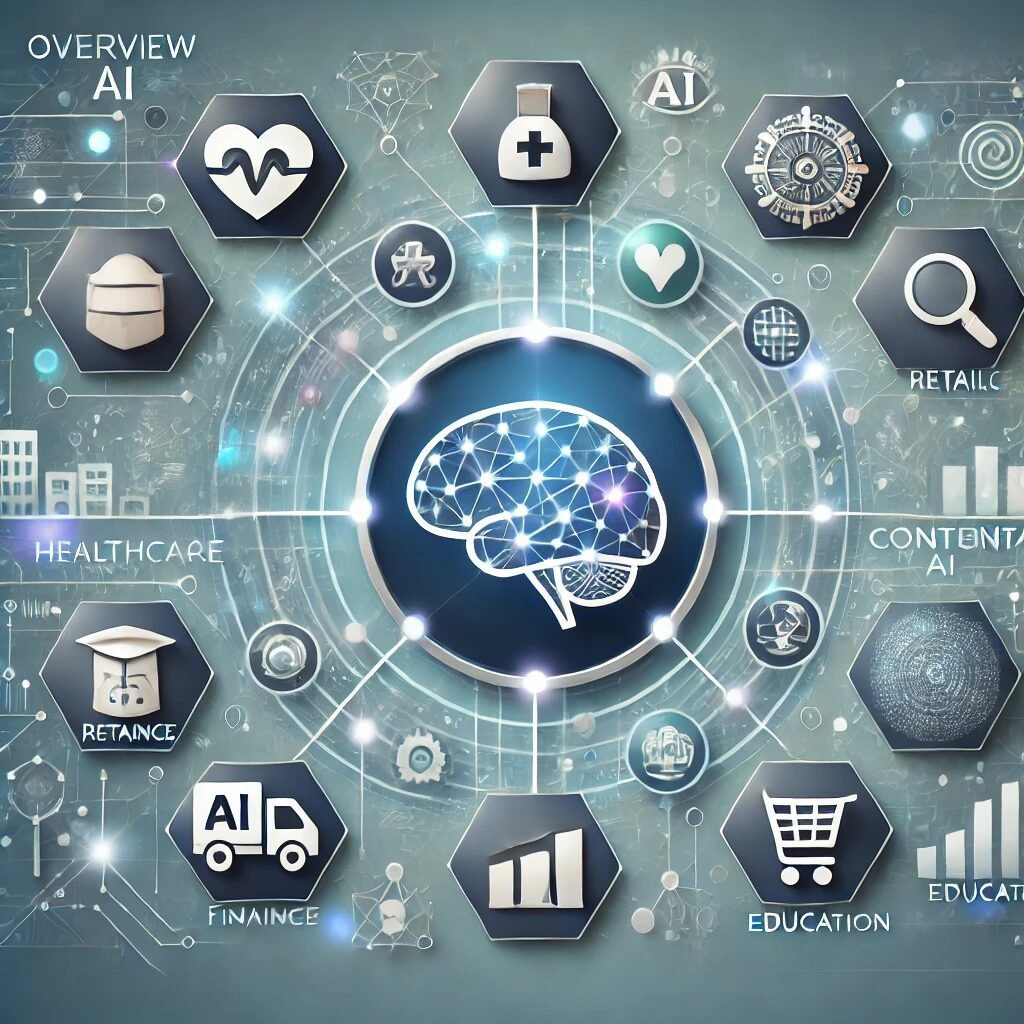What Is Contextual AI?
Contextual AI perceives and reacts to its surroundings.
This means it considers the user’s location, past behaviors, and other important information while answering. These systems are designed to provide customized and relevant responses. They do this via ML and NLP. They are able to comprehend the context of an activity or discussion as a consequence.
Contextual AI, for instance, enables a virtual assistant to recall a user’s previous preferences and discussions. It makes use of such data to provide more precise and beneficial answers. These AI systems are thus able to perform a wide range of jobs and interactions in a manner that gives them a more human appearance.
It is the way of the future, according to research. For instance, according to Gartner, the growing popularity of AI chatbots and virtual agents would cause a 25% decline in search engine traffic by 2026.
According to McKinsey study, customer care executives want to spend 23% of their gen AI budget on text bots and client self-service. In the meanwhile, 18% will be used for hype personalizing the customer experience, and 21% will be used for consumer information gleaned from discussions. Contextual AI excels in these domains.
Components Of Contextual AI
To comprehend contextual AI’s operation and its benefits, one must be aware of its constituent parts. Together, these characteristics guarantee the AI’s ability to adjust to various circumstances, provide tailored responses, and make context-based judgments.
Let’s examine the elements that contribute to the effectiveness of contextual AI.
Context awareness
Contextual AI must be aware of its surroundings. This entails being aware of specifics like user data, the surroundings, etc. This makes the AI’s replies more tailored and relevant.
Data integration
It integrates information from several sources to comprehend the issue completely. Social media or sensors may provide this data. The AI can make better data-driven judgments if it has a comprehensive perspective.
Real-time processing
Since Contextual AI often operates in real-time, it observes and evaluates events as they occur. This enables it to react to new information and change swiftly.
Personalization
The AI makes its replies more relevant to each user by personalizing interactions based on prior behaviors, preferences, and other data.
Adaptive learning
As new circumstances and human behavior arise, Contextual AI has the capacity to learn and adapt. It enhances its reactions using methods like machine learning.
Decision support
By offering advice and insights, it assists individuals and organizations in making wiser choices. This data is predicated on the existing circumstances. It is a useful tool in offices that concentrate on business, finance, and healthcare.
Predictive capabilities
By analyzing historical data and the present circumstances, Contextual AI is able to forecast future occurrences or patterns. This aids in figuring out what consumers could want or need next.
Multi-modal sensing
Contextual AI uses text, audio, images, and video to interpret the situation. Augmented reality, healthcare, and self-driving cars need this.
Privacy and security
Given the volume of data that Contextual AI gathers and analyzes, user privacy and data security are critical. For people to trust AI, good procedures must be followed.

Use Cases For Contextual AI
Workflows are improved in the workplace by using Contextual AI. It assists physicians with medical care, enhances customer service, and makes product recommendations online.
Using contextual AI are as follows:
Customer support
In order to provide a more knowledgeable and tailored answer when clients contact customer service, the Contextual AI system examines their previous transactions and contacts.
The AI may choose whether to escalate the problem to a higher level of help by comprehending the context of the customer’s past. Customer service is more effective thanks to this clever strategy, which guarantees that every answer is customized to the particular requirements and circumstances of the client.
E-commerce recommendations
Online businesses propose products using Contextual AI based on consumers’ browsing and purchase habits. To provide more accurate suggestions, the algorithm closely examines consumer purchasing trends.
In order to make it simpler for consumers to locate things that fit their interests, it also takes into account previous searches to highlight the most relevant items. By assisting customers in finding products they are likely to like, this approach improves the shopping experience.
Healthcare
Contextual AI helps medical professionals by evaluating patient data. To help with precise diagnosis, it examines a patient’s past medical records in addition to their present symptoms.
By streamlining the diagnostic procedure, this technology enables physicians to provide more individualized and accurate treatment. Because they have a thorough awareness of each patient’s distinct health profile, healthcare practitioners are able to give better care and customized guidance.


